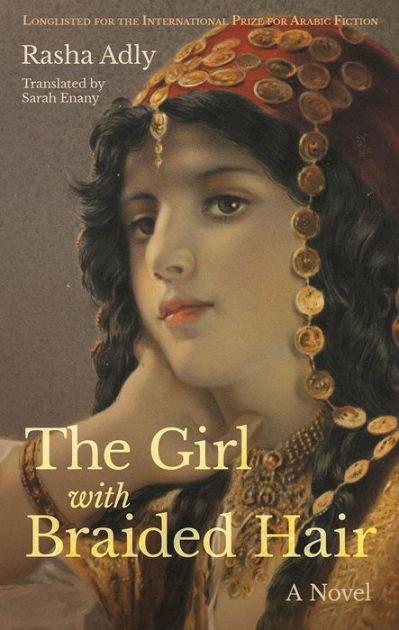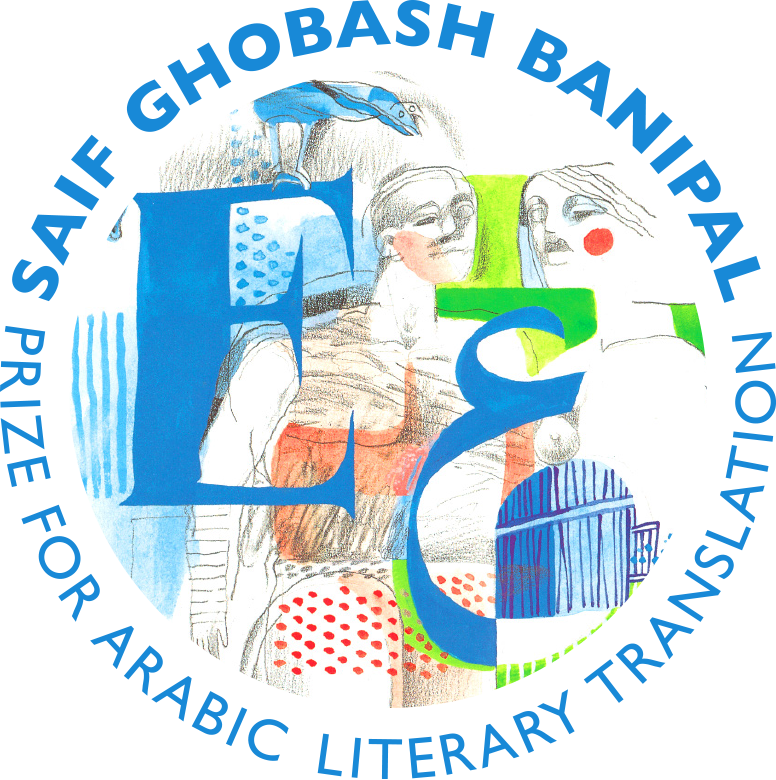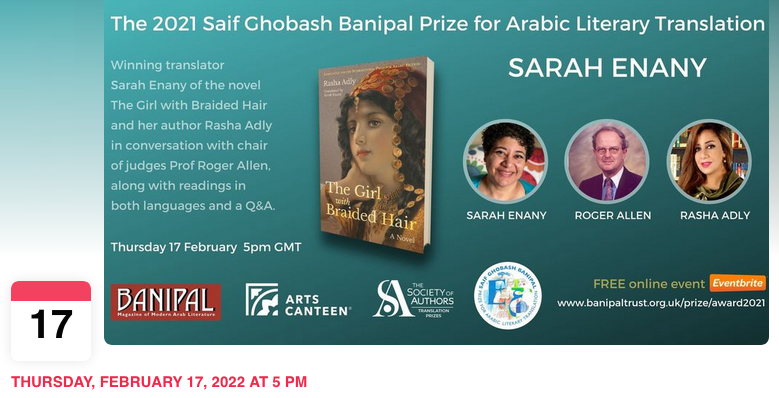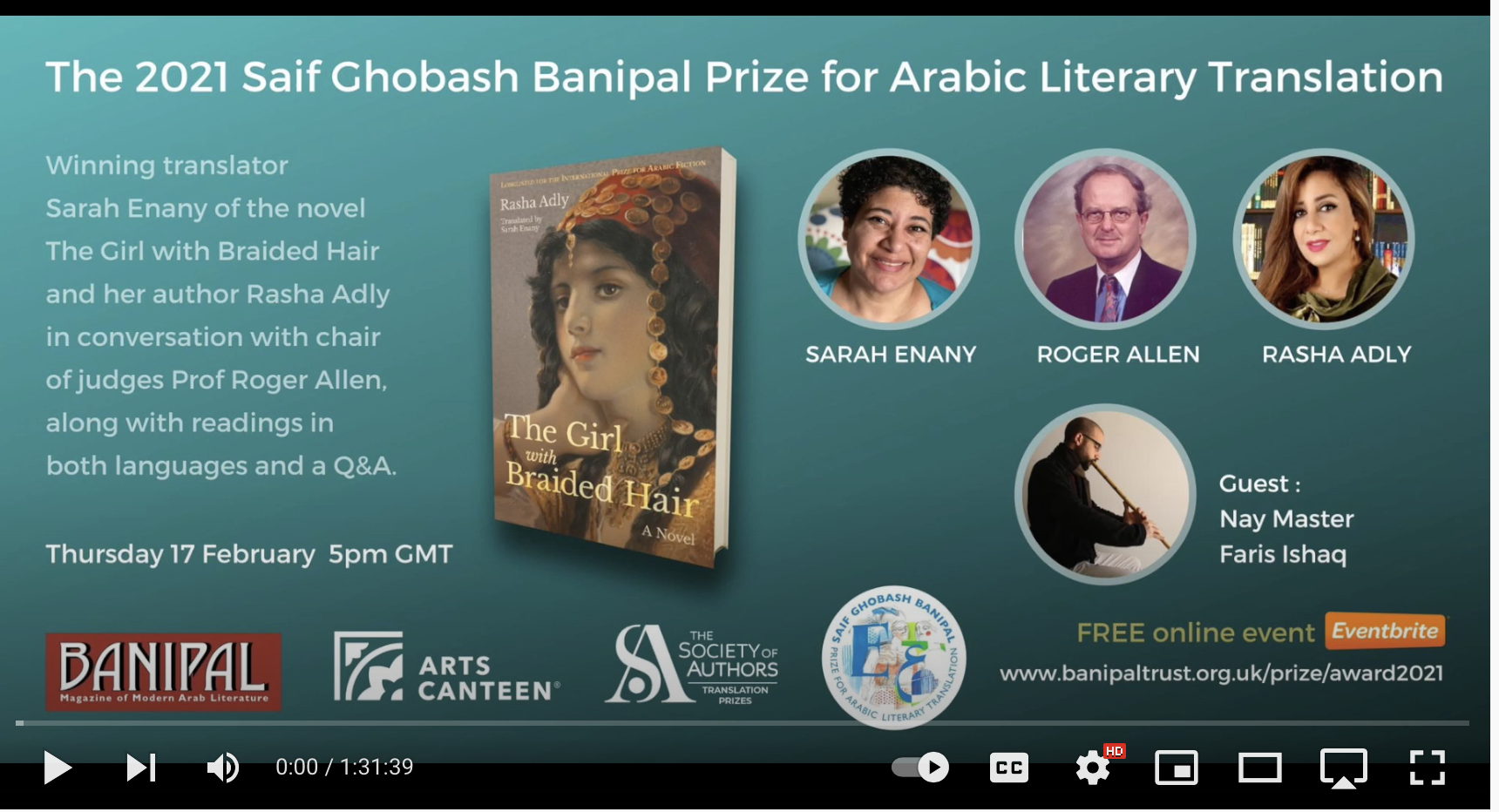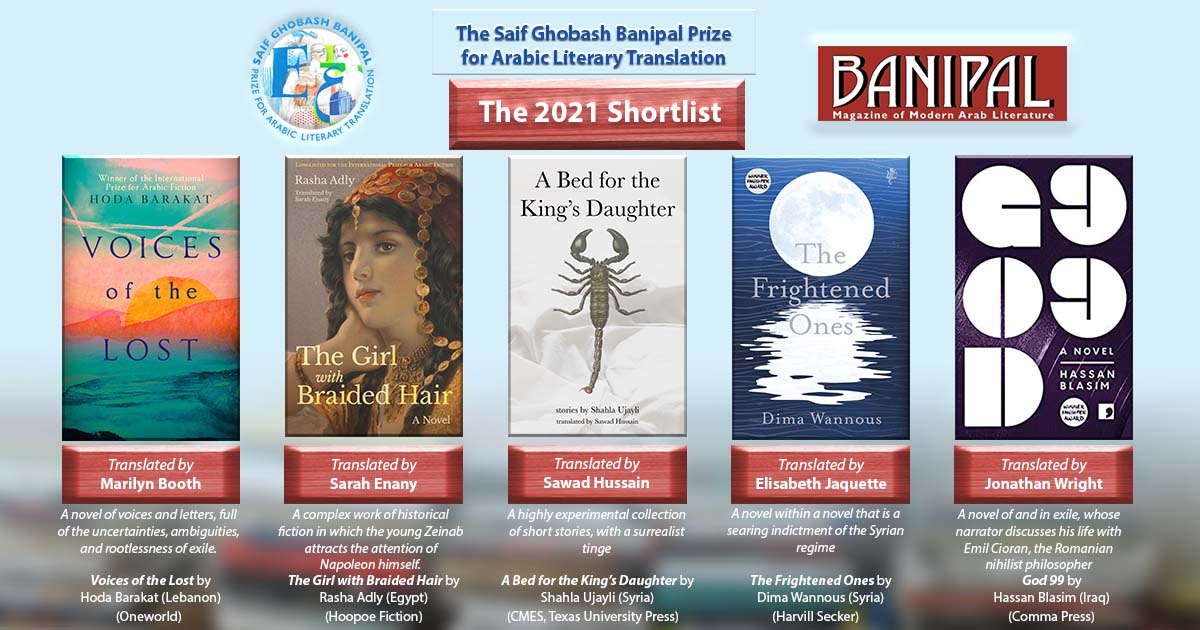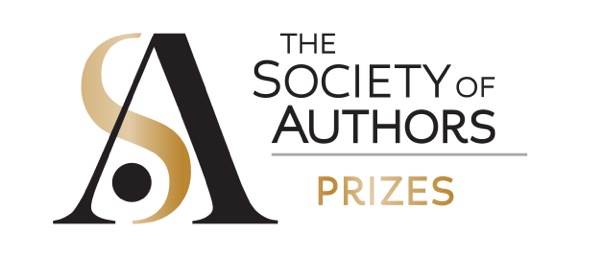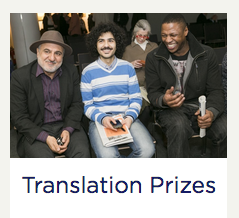The 2021 Saif Ghobash Banipal Prize for Arabic Literary Translation
Winner Shortlist Entries
SARAH ENANY wins the 2021 Prize
“A unanimous choice for the excellence and readability
of both its original and translated versions”
The Banipal Trust for Arab Literature is pleased to announce that the 2021 Saif Ghobash Banipal Prize for Arabic Literary Translation is awarded to Sarah Enany for her translation of the novel The Girl with Braided Hair by Rasha Adly, published by Hoopoe Fiction. Following the shortlist of five titles that was announced on 23 November 2021, the judges are unanimous in naming Sarah Enany as the winner of the £3,000 prize, to be awarded by the Society of Authors on 10 February 2022.
The judges in this 16th year of the Prize comprised Roger Allen (Chair), Professor Emeritus of Arabic & Comparative Literature, University of Pennsylvania; Rosemarie Hudson, Founder Publisher, HopeRoad Publishing; Ronak Hosni, Professor of Arabic and Translation Studies at the American University of Sharjah, and Caroline McCormick, Director, Achates.

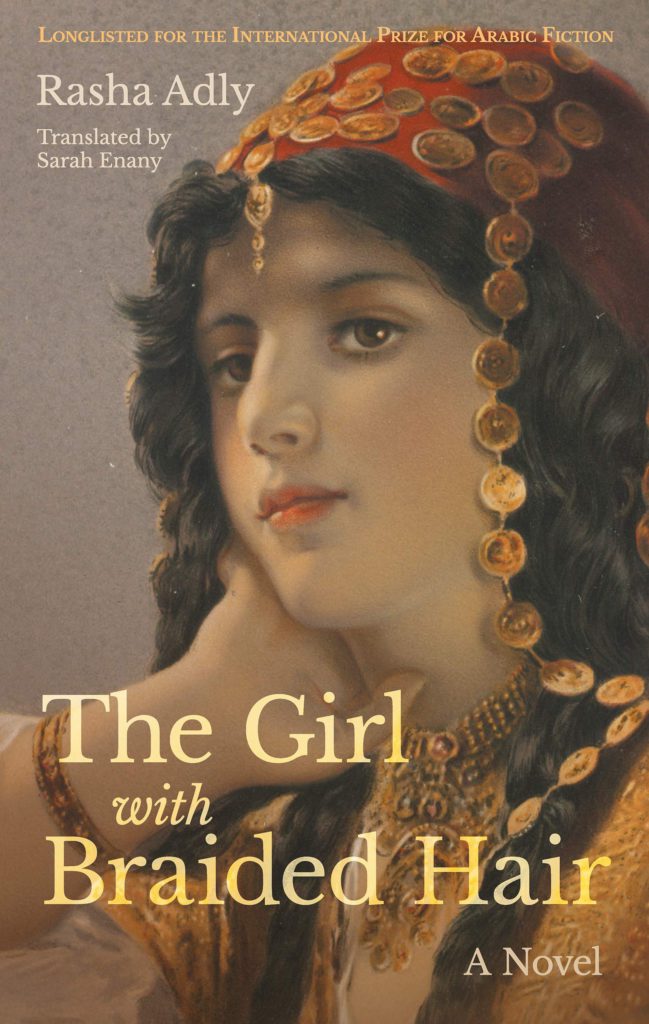
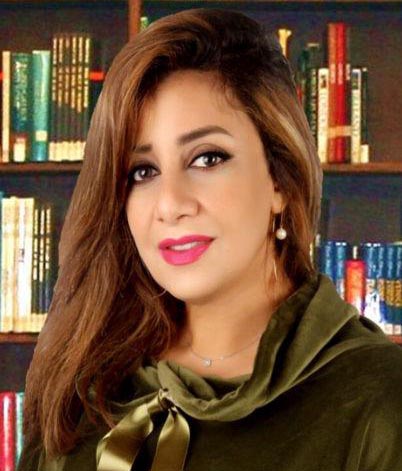
THE JUDGES’ REPORT
This year’s winner of the Saif Ghobash Banipal Prize is Rasha Adly’s novel Shaghaf (Passion), superbly translated into English by Sarah Enany as The Girl with Braided Hair. Dedicated by its author “to everyone who has been defeated by life or had their dreams broken”, it is a wonderful combination of art and history, of contemporary Egypt and its 18th-century past, as it recounts the stories of two women. In the modern era, Yasmine embarks on some research in order to find out the history of a painting of a beautiful woman, that is unsigned and that she is helping to restore. After a good deal of research, it turns out to be the work of Alton German, a French artist and writer who accompanied Napoleon on his invasion of Egypt in 1798.
In this narrative, skilfully segmented into its two time frames, the reader is taken back to the earlier period and provided with both a vivid picture of the ruthlessness of the French invasion and, reflecting the original Arabic title, the infatuation that the painter feels for Zeinab, the subject of his painting. Zeinab, the lovely daughter of a prominent sheikh at the Al-Azhar Mosque in Cairo, has attracted the attention of Napoleon himself and risks alienation from her own family by responding to the flattering attentions of such foreigners and their very different cultural values and behaviour.
The judges were all impressed by the skill with which the author dexterously combines history, art, passion, and politics in the different but connected stories of these two Egyptian women, each story line being subdivided into multiple segments, frequently prefaced by specific dates, whether 1798 or 2012. The resulting narrative – a multi-textured story of love, war, and the ruthlessness and privileges of the invader – draws the reader into its two eras and worlds, as the quest for information about the portrait and its artist is interspersed with historical detail about Napoleon’s invasion and its impact on Egypt, Cairene society, and on Zeinab herself. The subtle and beautifully crafted translation faithfully echoes the style of the author.
Sarah Enany’s highly accomplished translation was praised by the judges for its accuracy and its ability to combine the two separate narratives into a seamless text that is a pleasure to read. In the words of one judge: “I was looking for a gem, and I found it in The Girl with Braided Hair.”
The judges discussed the other four shortlisted works, notable contributions to Arabic fiction in high-quality translation, but they were unanimous in their choice of Adly’s novel for the excellence and readability of both its original and translated versions.
ABOUT THE WINNING TRANSLATION
The Girl with Braided Hair
Reactions from the translator, the author and the publisher
 Translator Sarah Enany said:
Translator Sarah Enany said:
"I’m thrilled that my translation of Rasha Adly's The Girl With Braided Hair has won this year's prestigious Saif Ghobash Banipal Prize. I’m very grateful to Hoopoe and the AUC Press for giving me this opportunity, and to the judges for their kind words about the translation. I hope this award will encourage English-language readers to enjoy this richly detailed and poignant novel.“
 Author Rasha Adly wrote:
Author Rasha Adly wrote:
“I am very happy to hear this good news. Thank you to the judges, thank you to the administration of the award, and congratulations to Sarah Enany.”
Nadine El-Hadi, Acquisitions Editor of Hoopoe Fiction, said:
 “We are delighted that Sarah Enany’s impressive skill as a translator has been recognized with this prestigious prize. She deserves great commendation for her translation of Rasha Adly’s intricate and rich novel The Girl with Braided Hair into eloquent, vivid English, and we are proud to have been the novel’s publisher in translation.”
“We are delighted that Sarah Enany’s impressive skill as a translator has been recognized with this prestigious prize. She deserves great commendation for her translation of Rasha Adly’s intricate and rich novel The Girl with Braided Hair into eloquent, vivid English, and we are proud to have been the novel’s publisher in translation.”
ABOUT THE TRANSLATOR
 Sarah Enany is a literary translator and an Assistant Professor in the Department of English Language and Literature at Cairo University. She has translated a number of works including by Yusuf Idris, Mohamed Salmawy, Ahmed Aboul Gheit (Witness to War and Peace: Egypt, the October War, and Beyond) and is best known until now for her translation of the three novels of Kamal Ruhayyim’s “Galal” trilogy – Diary of a Jewish Muslim (2014), Days in the Diaspora (2012) and Menorahs and Minarets (2017), all published by AUC Press. She also translated Victor Hugo’s Les Misérables into colloquial Egyptian Arabic.
Sarah Enany is a literary translator and an Assistant Professor in the Department of English Language and Literature at Cairo University. She has translated a number of works including by Yusuf Idris, Mohamed Salmawy, Ahmed Aboul Gheit (Witness to War and Peace: Egypt, the October War, and Beyond) and is best known until now for her translation of the three novels of Kamal Ruhayyim’s “Galal” trilogy – Diary of a Jewish Muslim (2014), Days in the Diaspora (2012) and Menorahs and Minarets (2017), all published by AUC Press. She also translated Victor Hugo’s Les Misérables into colloquial Egyptian Arabic.
ABOUT THE AUTHOR
Rasha Adly is an Egyptian writer, born in Cairo in 1972. She is a researcher and freelance lecturer in the history of art, and is Cairo correspondent for the Emirates Culture magazine. Her writing career began with a blog in 2007, and she published her first novel, Sakhab al-Samt (The Clamour of Silence), in 2010. She is the author of eight novels, of which Shaghaf (2017) was longlisted for the International Prize for Arabic Fiction in 2018 and is published in English translation as The Girl with Braided Hair. Her novel Akhir Ayyam al-Basha (The Last Days of the Pasha) was longlisted for the 2020 International Prize for Arabic Fiction.
ABOUT THE BOOK
 The Girl with Braided Hair by Rasha Adly (Egypt)
The Girl with Braided Hair by Rasha Adly (Egypt)
Published by Hoopoe Fiction (imprint of AUC Press), November 2020.
ISBN 9789774169878. Pbk. 324 pages. £14.18. eBook/Kindle. £10.62
“I was looking for a gem, and I found it in The Girl with Braided Hair.”
Set across two time frames, this novel masterfully weaves together the stories of two remarkable Egyptian women, one in the present day, and one at the turbulent close of the 18th century. When art historian Yasmine comes across the captivating portrait of a young woman from the Napoleonic time in Egypt, she is driven to uncover the mysterious circumstances of its creation. Meanwhile, Zeinab, the striking beauty from the painting, finds herself seduced by the glamour and prestige of the French colonial elite in Cairo, setting her on a dangerous course which could ultimately alienate her from the local Egyptian society and culture she knows. Adly skilfully draws the reader into these two very different yet intertwined worlds in this rich tale of history, art, war, and passion.
Download the press announcement
* * *
The 2021 Prize – The Shortlist
The Banipal Trust for Arab Literature is pleased to announce the shortlist of the 2021 prize. Each year, the Saif Ghobash Banipal Prize provides a welcome opportunity to explore and discuss the enormous repertoire of literary works that vividly represent the creativity of writers across the various regions of the Arabic-speaking world, and to evaluate the relative merits of translations of a sample of that creativity that are published for the English-language readership.
This year, as in previous years, while a variety of literary genres have been represented in the submissions, it is the novel that predominates (as a survey of previous winners of the prize makes clear). In such a context, says Chair of Judges Roger Allen, one might suggest that, with the complexities of contemporary life in question – in many, if not most, of the regions – the novel’s prevalence may perhaps be viewed in the light of Lionel Trilling’s notion that the novel is “an especially useful agent of the moral imagination . . . the literary form which most directly reveals to us the complexity, the difficulty, and the interest of life in society” (The Liberal Imagination).
As an initial phase in this year’s evaluation process, each member of the judging panel was asked to select from the 16 entries a longlist that would then be considered for the short list. There was a remarkable degree of agreement among the four judges regarding the potential shortlist, in that their agreed longlist of twelve titles was easily reduced to six, and, after some brief discussion of the prize’s criteria, to the five titles that are now discussed below.
The judges in this 16th year of the Prize are:
Roger Allen (Chair), Professor Emeritus of Arabic & Comparative Literature, University of Pennsylvania • Rosemarie Hudson, Founder Publisher, HopeRoad Publishing • Ronak Hosni, Professor of Arabic and Translation Studies at the American University of Sharjah • Caroline McCormick, Director, Achates Philanthropy
The shortlisted works
(in alphabetical order of translator) are:
Voices of the Lost by Hoda Barakat (Lebanon)
translated by Marilyn Booth
Publisher: Oneworld
The Girl with Braided Hair by Rasha Adly (Egypt)
translated by Sarah Enany
Publisher: Hoopoe Fiction
A Bed for the King’s Daughter by Shahla Ujayli (Syria)
translated by Sawad Hussain
Publisher: Center for Middle Eastern Studies/University of Texas Press
The Frightened Ones by Dima Wannous (Syria)
translated by Elisabeth Jaquette
Publisher: Harvill Secker
God99 by Hassan Blasim
translated by Jonathan Wright
Publisher: Comma Press
_______________
THE JUDGES’ STATEMENT
“A novel of voices and letters, full of the uncertainties, ambiguities, and rootlessness of exile”
MARILYN BOOTH
shortlisted for her translation of
Voices of the Lost
by Hoda Barakat (Lebanon)
Published by Oneworld Publications, February, 2021
ISBN 9781786077226. Pbk. 192 pages. £12.99.
ISBN 9781786077233. eBook/Kindle. £6.99
Winner of the 2019 International Prize for Arabic Fiction (IPAF), Hoda Barakat’s novel, originally entitled Night Post and superbly rendered into English by Marilyn Booth as Voices of the Lost, comprises a series of lost letters written by immigrants and displaced individuals from different unnamed Middle Eastern countries. The letters, which have never made it to the intended recipients, depict the final voices, inner thoughts, confessions, guilt, and justifications of their tormented authors. The narrative manages to convey an uncanny atmosphere of placelessness, uncertainty, and lack of identity, all of which emerge from the very spontaneity of the one-sided conversation, including implied questioning from the person purportedly listening. This unique experiment in modern Arabic fiction provides yet another example of the many forms in which the alienation of exile finds cogent expression in fiction, here made fully accessible to readers of English by this excellent translation.
 Bette Chapman-2021.jpg) Marilyn Booth is the Khalid bin Abdullah Al Saud Professor for the Study of the Contemporary Arab World at the University of Oxford's Oriental Institute, based at Magdalen College. She grew up in the United States but spent a year in Beirut, Lebanon at the age of twelve, which convinced her that Arabic would be part of her future. She has translated 18 full-length works from the Arabic. In 2019, she was the co-winner of the Man Booker International Prize, as translator of Jokha Alharthi’s Celestial Bodies.
Marilyn Booth is the Khalid bin Abdullah Al Saud Professor for the Study of the Contemporary Arab World at the University of Oxford's Oriental Institute, based at Magdalen College. She grew up in the United States but spent a year in Beirut, Lebanon at the age of twelve, which convinced her that Arabic would be part of her future. She has translated 18 full-length works from the Arabic. In 2019, she was the co-winner of the Man Booker International Prize, as translator of Jokha Alharthi’s Celestial Bodies.
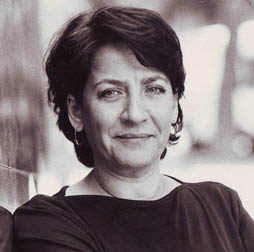 Hoda Barakat was born in Beirut in 1952. She studied French Literature at the Lebanese University and moved to Paris with her family in 1989. She has published five novels and two plays. Her novels have been translated into several languages and have received numerous prestigious prize nominations, including the Naguib Mahfouz Medal for Literature for The Tiller of Waters (2000). In 2015, she was shortlisted for the Man Booker International Prize. She currently lives in France.
Hoda Barakat was born in Beirut in 1952. She studied French Literature at the Lebanese University and moved to Paris with her family in 1989. She has published five novels and two plays. Her novels have been translated into several languages and have received numerous prestigious prize nominations, including the Naguib Mahfouz Medal for Literature for The Tiller of Waters (2000). In 2015, she was shortlisted for the Man Booker International Prize. She currently lives in France.
_______________
“A complex work of historical fiction in which the young Zeinab attracts the attention of Napoleon himself”
SARAH ENANY
shortlisted for her translation of
The Girl with Braided Hair
by Rasha Adly (Egypt)
Published by Hoopoe Fiction (imprint of AUC Press), November 2020.
ISBN 9789774169878. Pbk. 324 pages. £14.18. eBook/Kindle. £10.62
Carefully crafted within two time frames – 2012 and 1798 – Rasha Adly’s captivating and beautifully written novel offers a fascinating historical account of Napoleon’s time in Egypt. The reader learns a good deal about what is happening on the French campaign through the diaries of Bonaparte’s artist and writer in residence, Alton German. Meanwhile, research being conducted in the modern time period of the novel reveals that the artist was once in love with a beautiful Egyptian girl, whose image he immortalized in an enigmatic painting that now sits in a museum.
Dexterously combining history, art, passion, and politics, the novel manages to present to the reader, in the words of one of the judges, a multi-textured story of love, war, and the ruthlessness and privileges of the invader. Sarah Enany’s subtle and beautifully crafted translation is a wonderful vehicle through which to introduce readers to such a significant addition to the tradition of the Egyptian and Arabic novel.
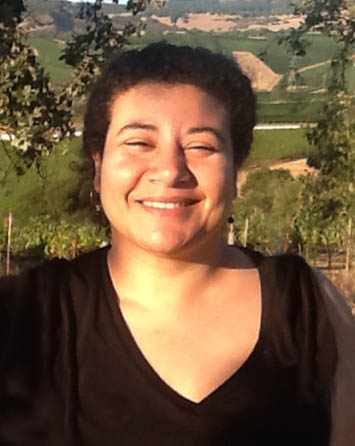 Sarah Enany is a literary translator, and an Assistant Professor in the Department English Language and Literature at Cairo University.
Sarah Enany is a literary translator, and an Assistant Professor in the Department English Language and Literature at Cairo University.
 Rasha Adly is an Egyptian writer, born in Cairo in 1972. She is a researcher and freelance lecturer in the history of art, and Cairo correspondent for the Emirates Culture magazine. She is the author of eight novels, of which Passion (2017) was longlisted for the International Prize for Arabic Fiction in 2018 and is published in English translation as The Girl with Braided Hair.
Rasha Adly is an Egyptian writer, born in Cairo in 1972. She is a researcher and freelance lecturer in the history of art, and Cairo correspondent for the Emirates Culture magazine. She is the author of eight novels, of which Passion (2017) was longlisted for the International Prize for Arabic Fiction in 2018 and is published in English translation as The Girl with Braided Hair.
_______________
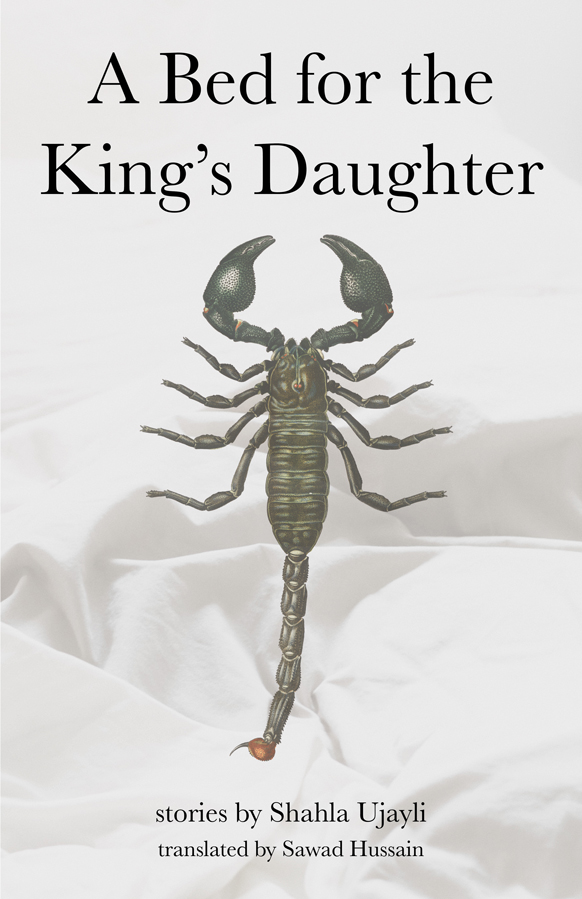
“A highly experimental collection of short stories, with a surrealist tinge”
SAWAD HUSSAIN
shortlisted for her translation of
A Bed for the King’s Daughter
by Shahla Ujayli (Syria)
Publisher: Center for Middle Eastern Studies/Univ. Texas Press, January 2021
ISBN 978-1-4773-2228-4. Pbk. 72 pages. £11.99 / $16
Many of the stories contained in Shahla Ujayli’s remarkable collection, A Bed for the King's Daughter, read almost like parables. Composed in a crisp style appropriate to their generic purposes, some of them belong to the category of “short short-stories,” and convey to the reader a sense of surrealism with their frequent instances of insight and poetic beauty. With little or no connection to either time or space, the stories in this collection, skilfully translated by Sawad Hussain into an English prose that is well suited to the generic purpose of the original text, will leave the reader impressed with the experimental spirit that the author has brought to this project.
 Sawad Hussain is a translator and litterateur. She holds an MA in Modern Arabic Literature from SOAS, London. A contributor to journals such as ArabLit and Asymptote, she was co-editor of the Arabic-English portion of the award-winning Oxford Arabic Dictionary (2014). Her recent translations include Passage to the Plaza by Sahar Khalifa (shortlisted for the 2020 Palestine Book Awards) and Saud Alsanousi's Mama Hissa's Mice. She won the 2019 Arablit Short Story Translation Prize for her translation of "The Sharp Bend at Al-Bakur" by Najwa Bin Shatwan.
Sawad Hussain is a translator and litterateur. She holds an MA in Modern Arabic Literature from SOAS, London. A contributor to journals such as ArabLit and Asymptote, she was co-editor of the Arabic-English portion of the award-winning Oxford Arabic Dictionary (2014). Her recent translations include Passage to the Plaza by Sahar Khalifa (shortlisted for the 2020 Palestine Book Awards) and Saud Alsanousi's Mama Hissa's Mice. She won the 2019 Arablit Short Story Translation Prize for her translation of "The Sharp Bend at Al-Bakur" by Najwa Bin Shatwan.
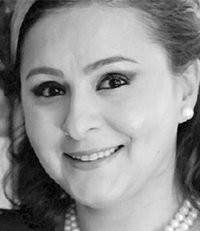 Shahla Ujayli is a Syrian writer, born in 1976. She holds a doctorate in Modern Arabic Literature and Cultural Studies from Aleppo University and teaches Modern Arabic Literature and Aesthetics at the American University in Madaba, Jordan. She is the author of four novels, with the second one, A Sky Close to Our House (2015) shortlisted for the 2016 International Prize for Arabic Fiction and later published in English. A Bed for the King's Daughter is her second short story collection and won the 2017 Al-Multaqa Prize for the Arabic Short Story. Her short story, A Dead Hand, translated by Ayane Ezaki, appeared in Banipal 58 (Spring 2017).
Shahla Ujayli is a Syrian writer, born in 1976. She holds a doctorate in Modern Arabic Literature and Cultural Studies from Aleppo University and teaches Modern Arabic Literature and Aesthetics at the American University in Madaba, Jordan. She is the author of four novels, with the second one, A Sky Close to Our House (2015) shortlisted for the 2016 International Prize for Arabic Fiction and later published in English. A Bed for the King's Daughter is her second short story collection and won the 2017 Al-Multaqa Prize for the Arabic Short Story. Her short story, A Dead Hand, translated by Ayane Ezaki, appeared in Banipal 58 (Spring 2017).
_______________
“A novel within a novel that is a searing indictment of the Syrian regime”
ELISABETH JAQUETTE
shortlisted for her translation of
The Frightened Ones
by Dima Wannous (Syria)
Published by Harvill Secker, April 2020
ISBN 9780525655138 $25.95. 256 pages. Hbk. $25.95. Pbk, £12.99. ISBN 9780525655145 eBook. £4.99
In her novel, The Frightened Ones, Dima Wannous presents her readers with a searing indictment of the Syrian regime during the al-Assad period. Couched in the experimental form of a novel within a novel, the narrative provides chilling and powerful accounts of the lives of ordinary Syrians living in constant fear: the result of decades of oppression, despotism, and tyranny. Set in present-day Syria after the 2011 revolution, the novel masterfully embodies the psychology of fear among the various characters who, in spite of their different generations and intellectual backgrounds, are traumatized by their experiences, as the constant fear of persecution, interrogation and insecurity that does not fade away after the war ends. The fluid style of the original is well captured in Elisabeth Jaquette’s excellent English version.
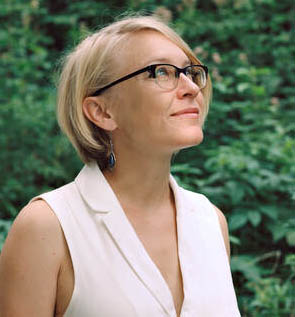 Elisabeth Jaquette is a translator from Arabic, whose translations include Basma Abdel Aziz’s The Queue (shortlisted for the TA First Translation Prize), Rania Mamoun’s Thirteen Months of Sunrise, and Adania Shibli’s Minor Detail. She is Executive Director of the American Literary Translators Association.
Elisabeth Jaquette is a translator from Arabic, whose translations include Basma Abdel Aziz’s The Queue (shortlisted for the TA First Translation Prize), Rania Mamoun’s Thirteen Months of Sunrise, and Adania Shibli’s Minor Detail. She is Executive Director of the American Literary Translators Association.
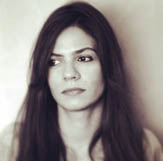 Dima Wannous was born in 1982. She is a Syrian writer and translator who studied French literature at Damascus University and the Sorbonne. She is the author of a short story collection, Details (2007), and two novels, The Chair (2008) and The Frightened Ones (2017), which was shortlisted for the International Prize for Arabic Fiction. She was named as one of the ‘Beirut 39’: one of the group of 39 best Arab writers under the age of 40 chosen by the Hay Festival in 2009.
Dima Wannous was born in 1982. She is a Syrian writer and translator who studied French literature at Damascus University and the Sorbonne. She is the author of a short story collection, Details (2007), and two novels, The Chair (2008) and The Frightened Ones (2017), which was shortlisted for the International Prize for Arabic Fiction. She was named as one of the ‘Beirut 39’: one of the group of 39 best Arab writers under the age of 40 chosen by the Hay Festival in 2009.
_______________
“A novel of and in exile, whose narrator discusses his life with Emil Cioran, the Romanian nihilist philosopher”
JONATHAN WRIGHT
shortlisted for his translation of
God99
by Hassan Blasim
Published by Comma Press, November 2020
ISBN 9781905583775. Pbk. £9.99. eBook. £5.99.
The Iraqi-born writer, Hassan Blasim, writes from and about the condition of exile, with all its concomitant issues of acculturation and alienation. His provocative narrative, God99, subtitled “Emil Cioran’s e-mails,” emerges as part fiction and part autobiography. The narrative consists of a collection of stories based on interviews of numerous Iraqis by the protagonist Hassan Buma, an Iraqi veterinarian living in Finland (like the author of the book). These interviews reveal the impact of the horror of the sectarian conflict in Iraq. The stories are complex, intertwining numerous accounts of tortured souls in a journey of silent death. The author’s distinctive style uses various rhetorical devices and combines reality, fiction, terror and humour to create a truly unique narrative. Jonathan Wright’s translation succeeds admirably in conveying into a readable English form the often confrontational complexities of the original text (published in Italy as a further reflection of exile).
 Jonathan Wright is a British literary translator who has translated more than 20 contemporary Arabic novels and short-story collections into English since 2008, including three winners of the International Prize for Arabic Fiction. He has won the Saif Ghobash Banipal Prize twice and also been shortlisted for the Saif Ghobash Banipal Prize in 2018, 2019, and 2020. On 10 November 2021 he delivered the prize’s 2021 Annual Lecture, entitled ‘Change and Continuity in Contemporary Arabic Fiction’, via a Zoom Webinar hosted by the British Library.
Jonathan Wright is a British literary translator who has translated more than 20 contemporary Arabic novels and short-story collections into English since 2008, including three winners of the International Prize for Arabic Fiction. He has won the Saif Ghobash Banipal Prize twice and also been shortlisted for the Saif Ghobash Banipal Prize in 2018, 2019, and 2020. On 10 November 2021 he delivered the prize’s 2021 Annual Lecture, entitled ‘Change and Continuity in Contemporary Arabic Fiction’, via a Zoom Webinar hosted by the British Library.
 Hassan Blasim is an Iraqi-born film director and writer. He settled in Finland in 2004 after years of travelling through Europe as a refugee. His debut collection The Madman of Freedom Square (also translated by Jonathan Wright) was published by Comma Press in 2009 and was longlisted for the Independent Foreign Fiction Prize in 2010. His second collection, The Iraqi Christ, won the 2014 Independent Foreign Fiction Prize, the first Arabic title and the first short story collection ever to win the award. Hassan’s work has been translated into over 20 languages.
Hassan Blasim is an Iraqi-born film director and writer. He settled in Finland in 2004 after years of travelling through Europe as a refugee. His debut collection The Madman of Freedom Square (also translated by Jonathan Wright) was published by Comma Press in 2009 and was longlisted for the Independent Foreign Fiction Prize in 2010. His second collection, The Iraqi Christ, won the 2014 Independent Foreign Fiction Prize, the first Arabic title and the first short story collection ever to win the award. Hassan’s work has been translated into over 20 languages.
_______________
ABOUT THE PRIZE
The Saif Ghobash Banipal Prize for Arabic Literary Translation is an annual award of £3,000, made to the translator(s) of a published translation in English of a full-length imaginative and creative Arabic work of literary merit published after, or during, the year 1967 and first published in English translation in the year prior to the award. The prize aims to raise the profile of contemporary Arabic literature as well as honouring the important role of individual translators in bringing the work of established and emerging Arab writers to the attention of the wider world.
It was the first prize in the world for published Arabic literary translation into English and was established by Banipal, the magazine of modern Arab literature in English translation, and the Banipal Trust for Arab Literature. The inaugural prize was awarded on 9 October 2006 and won by Humphrey Davies, the highly respected literary translator whose death from cancer on 12 November 2021 is deeply mourned.
The prize is administered by the Society of Authors in the United Kingdom, alongside the other UK prizes for literary translation, from languages that include Dutch, French, German, Greek, Hebrew, Italian, Spanish and Swedish. The prizes are awarded annually at a ceremony hosted by the Society of Authors.
The deadline for prize entries and publication of works each year is 31 March. For further history of the prize, more information about entries, judges, rules, and any other details, please go to: http://www.banipaltrust.org.uk/prize/
THE SPONSOR
The prize is wholly sponsored by Omar Saif Ghobash and his family in memory of his father, the late Saif Ghobash, a man passionate about Arabic literature and other literatures of the world.
THE ANNUAL LECTURE
In 2015, to mark the tenth year of the prize, the family generously extended their sponsorship to the establishment of an annual lecture on literary translation. The sixth annual lecture took place on 10 November 2021, delivered by Jonathan Wright, who has won the prize twice and is this year one of our shortlisted translators.
With the lecture, the Banipal Trust looks forward to increasing support for the reading of literature from the Arab world in English translation, and to working with publishers, translators and booksellers to encourage and promote both the wider translation and wider availability of contemporary works of literature by Arab authors. For all information about the Annual Lecture see this link: https://www.banipaltrust.org.uk/lecture/
THE WINNER
The 2021 Winner will be announced by the Banipal Trust for Arab Literature on 12 January 2022. The Award Ceremony, which includes all the translation prizes, and is hosted on Zoom by the Society of Authors, will take place on 10 February 2022, with a Banipal celebration being held, also online, the following week, in partnership with Arts Canteen (details to be confirmed).
CONTACT
To contact the Prize or the Banipal Trust for Arab Literature directly, email the Trust’s administrator on admin@banipaltrust.org.uk
Download a PDF of this shortlist announcement
_______________
* * *
The entries for the 2021 Prize
In the sixteenth year of the prize there are 16 entries, not 15 as announced on 17 June, after a missed entry of a novel has been added. They comprise 11 novels, one open work, and 4 poetry collections. The entries are listed by title in alphabetical order of translator, or first translator listed when more than one. There are 17 translators, nine of whom are women.
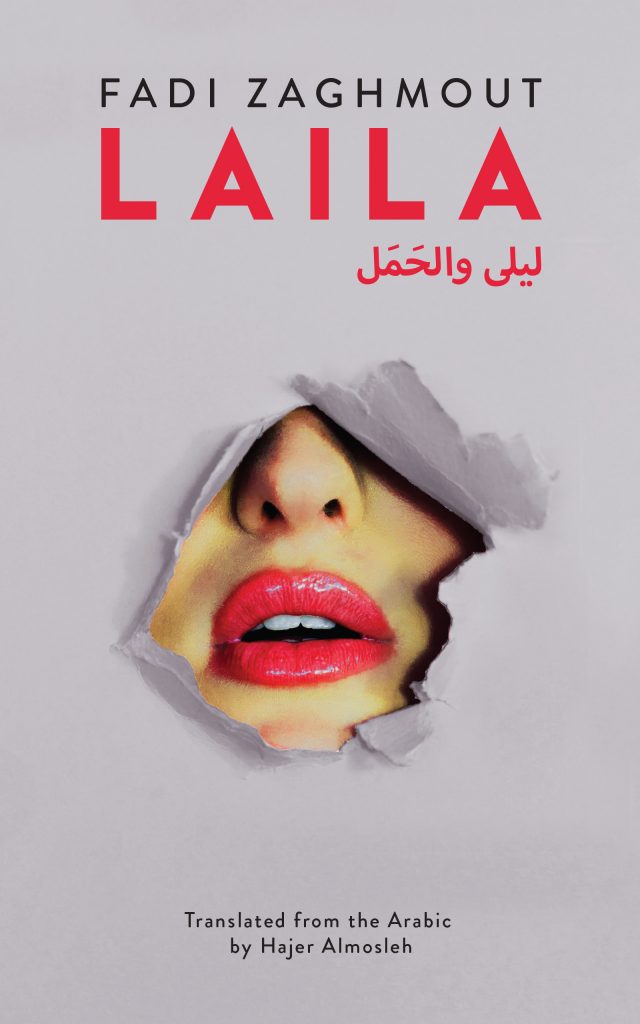
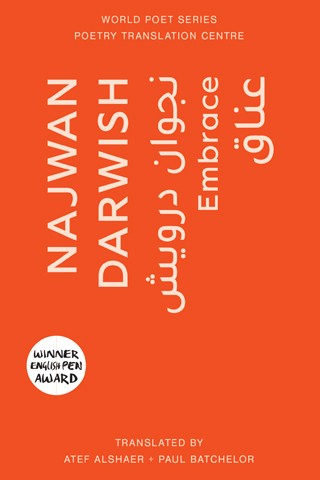
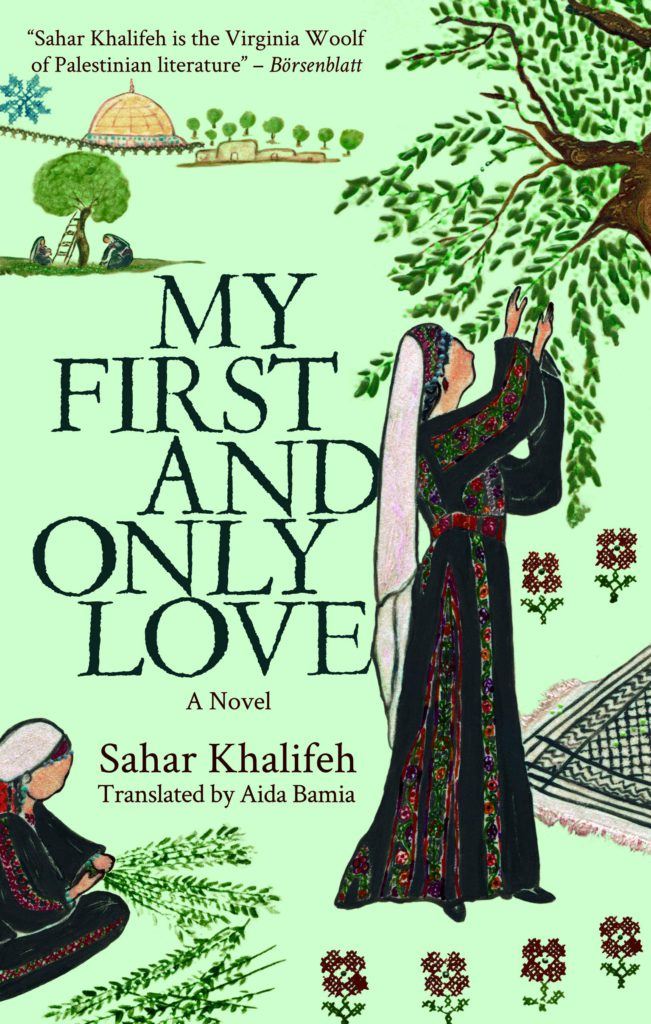
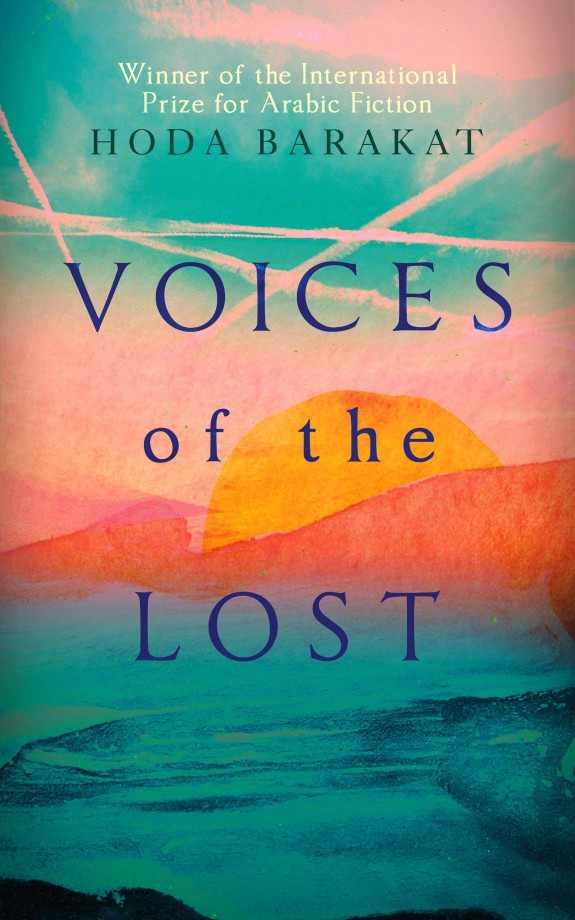
- Laila by Fadi Zaghmout, translated by Hajer Almosleh (Signal 8 Press)
- Embrace by Najwan Darwish, translated by Atef Alshaer and Paul Batchelor (Poetry Translation Centre)
- My First and Only Love by Sahar Khalifeh, translated by Aida Bamia (Hoopoe Fiction)
- Voices of the Lost by Hoda Barakat, translated by Marilyn Booth (Oneworld)
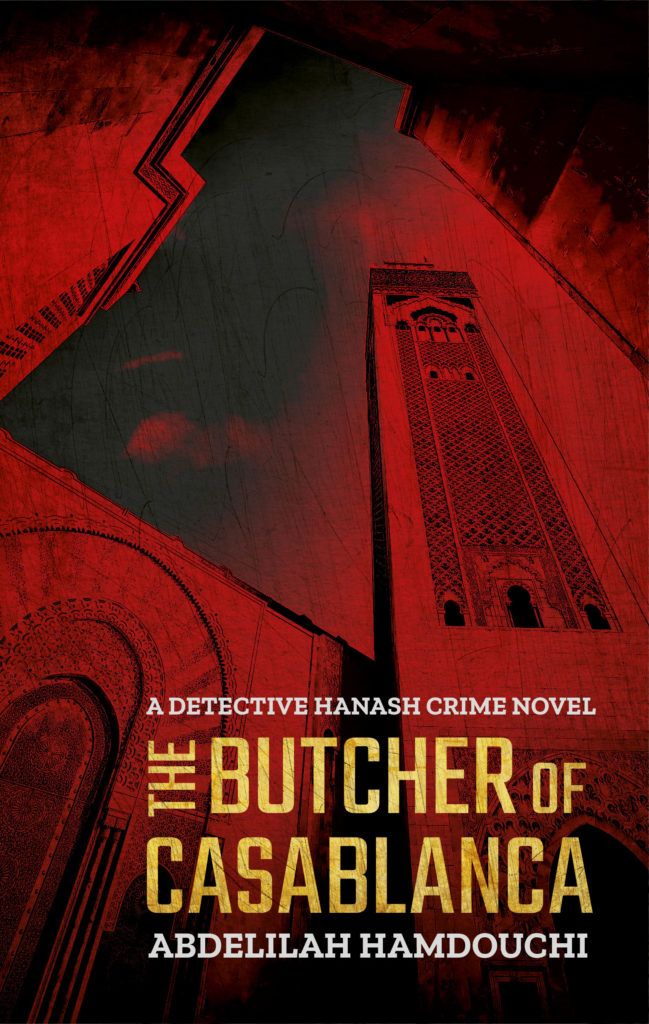



- The Butcher of Casablanca by Abdelilah Hamdouchi, translated by Peter Daniel (Hoopoe Fiction)
- The Critical Case of a Man Called K by Aziz Muhammad, translated by Humphrey Davies (Hoopoe Fiction)
- The Girl with Braided Hair by Rasha Adly, translated by Sarah Enany (Hoopoe Fiction)
- A Bed for the King’s Daughter by Shahla Ujayli, translated by Sawad Hussain (Center for Middle Eastern Studies/University of Texas Press)
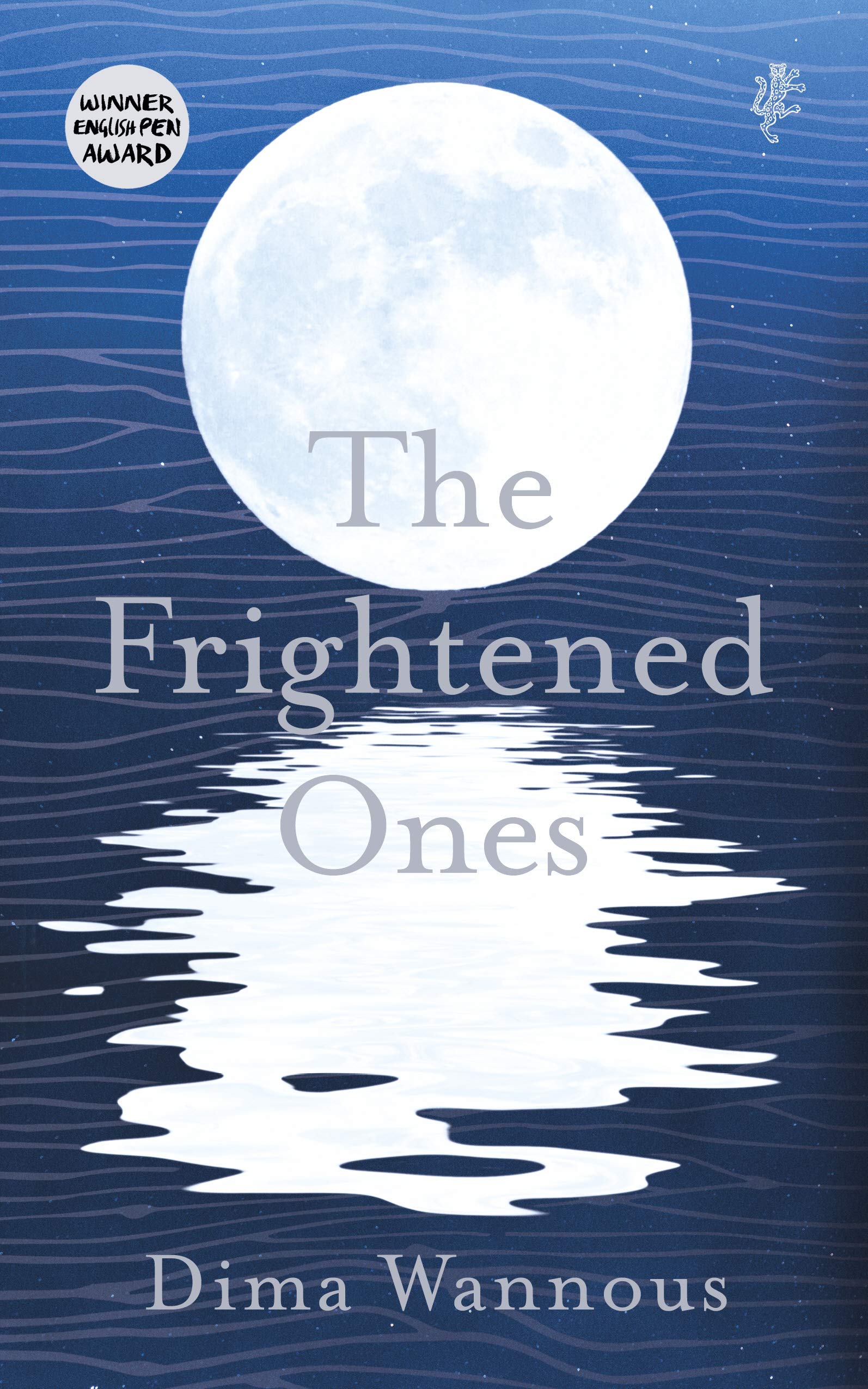
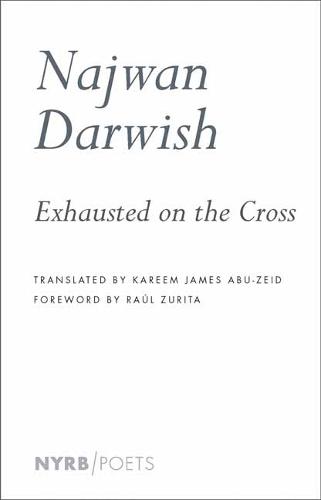
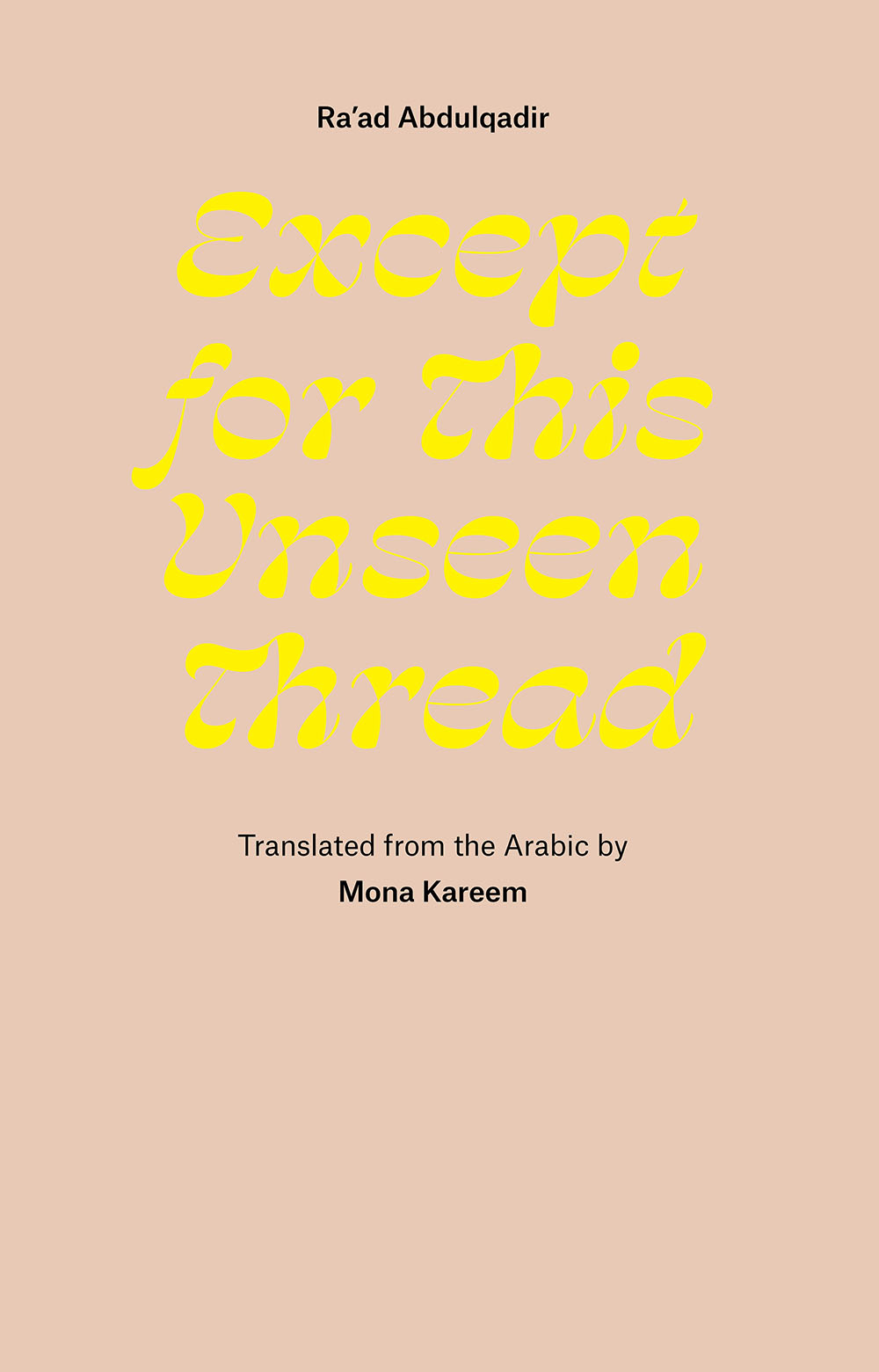
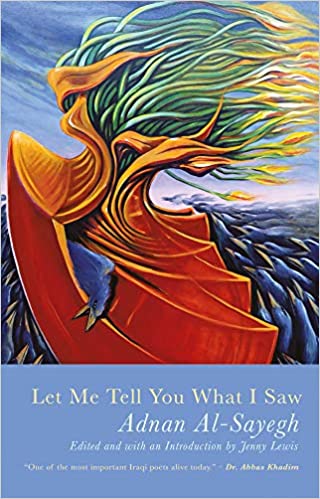
- The Frightened Ones by Dima Wannous, translated by Elisabeth Jacquette (Harvill Secker)
- Exhausted on the Cross by Najwan Darwish, translated by Kareem James Abu-Zeid (New York Review Books)
- Except for this Unseen Thread: Selected Poems by Ra’ad Abdulqadir, translated by Mona Kareem (Ugly Duckling Presse)
- Let Me Tell You What I Saw: Extracts from Uruk’s Anthem by Adnan Al-Sayegh, translated by Jenny Lewis (Seren, Poetry Wales Press)
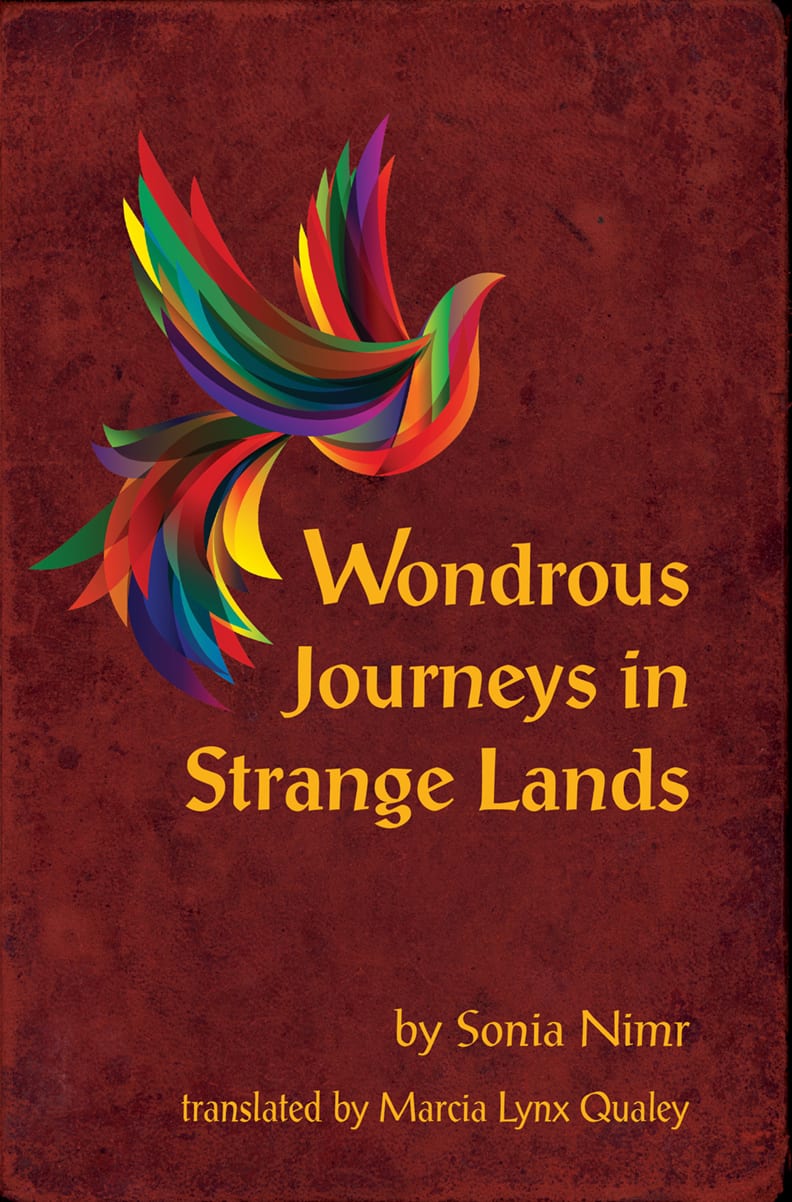
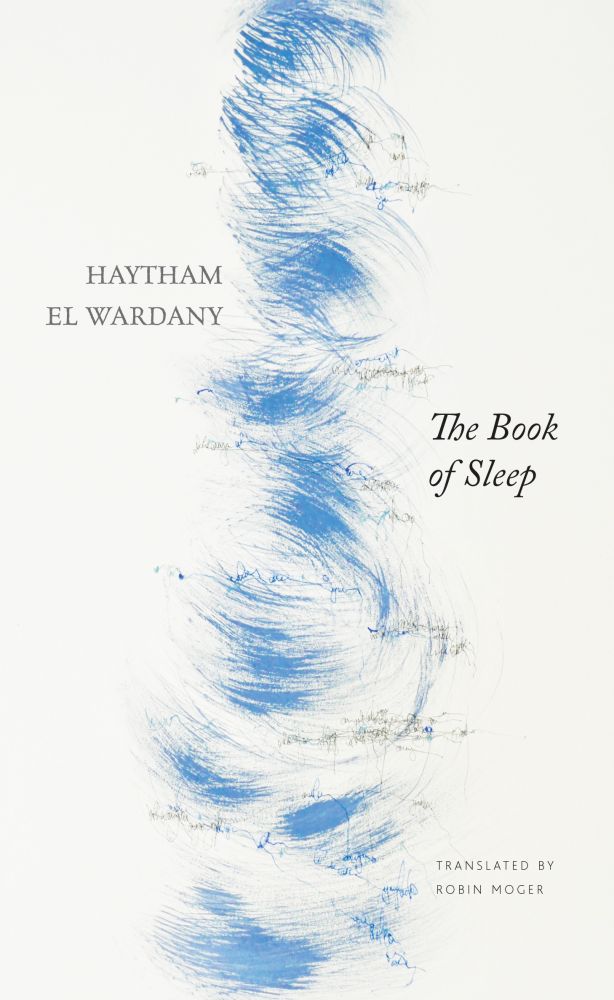
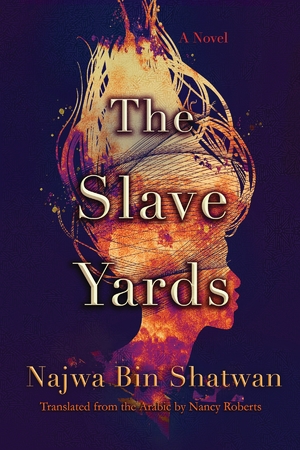
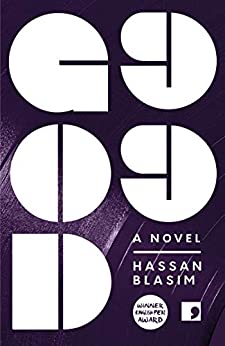
- Wondrous Journeys in Strange Lands by Sonia Nimr, translated by Marcia Lynx Qualey (Interlink Books)
- The Book of Sleep by Haytham al-Wardany, translated by Robin Moger (Seagull Books)
- The Slave Yards: A Novel by Najwa Bin Shatwan, translated by Nancy Roberts (Syracuse University Press)
- God 99 by Hassam Blasim, translated by Jonathan Wright (Comma Press)
The 2021 Prize
The 2021 Prize is the 16th edition of the prize, dedicated to supporting literary translation of contemporary Arabic literature into English and honouring the work of the translators.
The prize is administered by the Society of Authors in the United Kingdom, alongside the other prizes (annual, biennial, triennial) for literary translation from languages that include Dutch, French, German, Hebrew, Italian, Spanish and Swedish and the Translators' Association First Translation Prize for a debut translation from any language into English. The prizes are awarded annually at a ceremony hosted by the Society of Authors. Click here to read see the full list of translation prizes administered by the Society of Authors.
The 2021 Saif Ghobash Banipal Prize for Arabic Literary Translation opened for entries on 30 September 2020. The deadline for both publication of titles and of entries for the 2021 prize was 31 March 2021. The Short List will be announced in November 2021 and the winner will be announced in January 2022.
There are 16 entries, comprising 11 novels, one open work, and 4 poetry collections. There are 17 translators, nine of whom are women.

The full rules of entry can be found at http://www.banipaltrust.org.uk/rules/.
For more information about the Banipal Trust for Arab Literature, go to www.banipaltrust.org.uk

